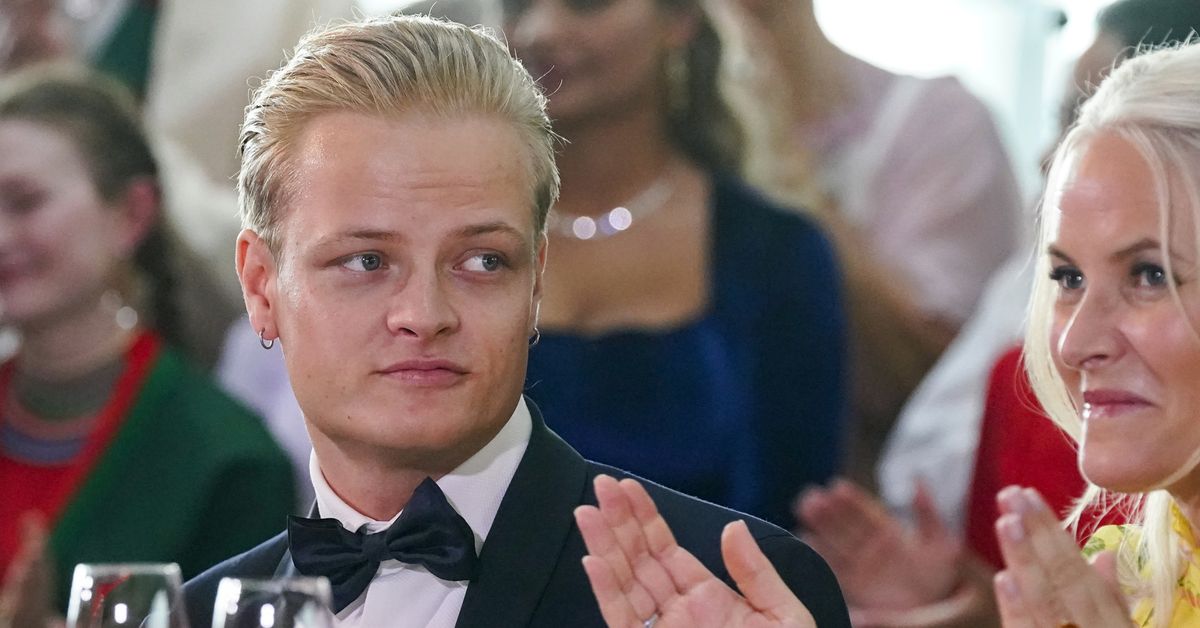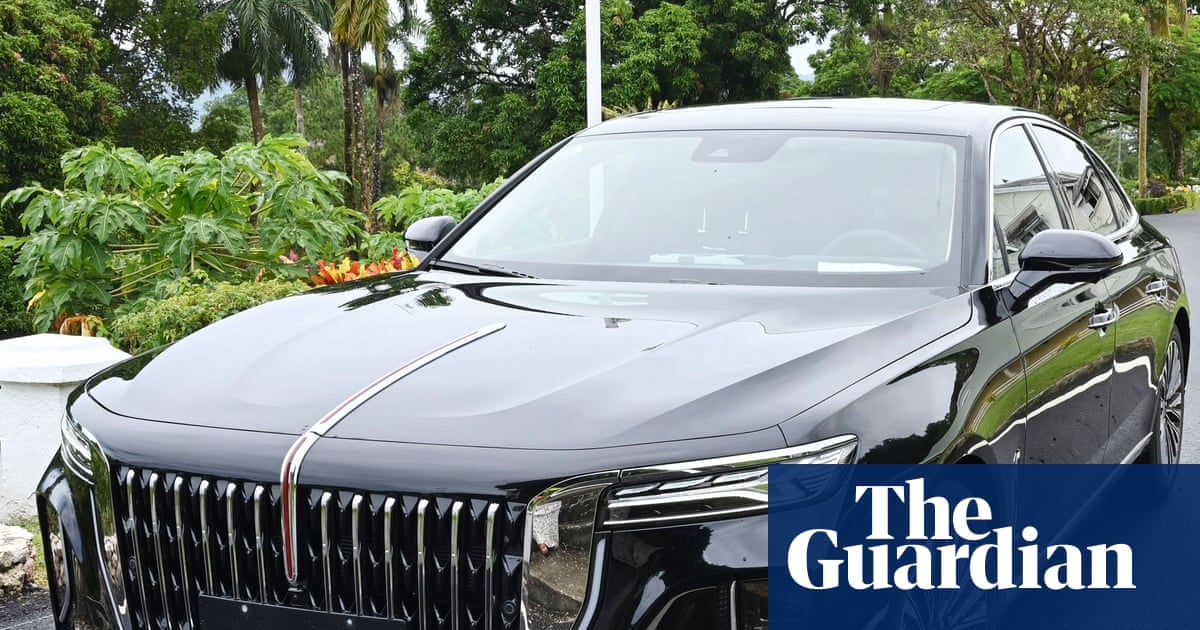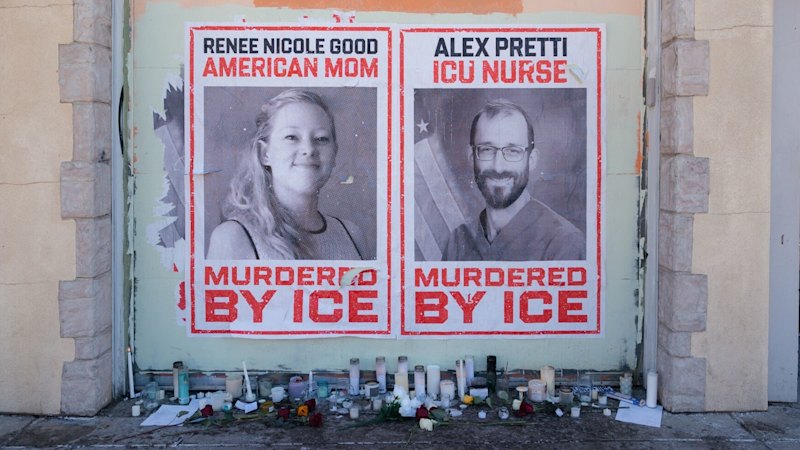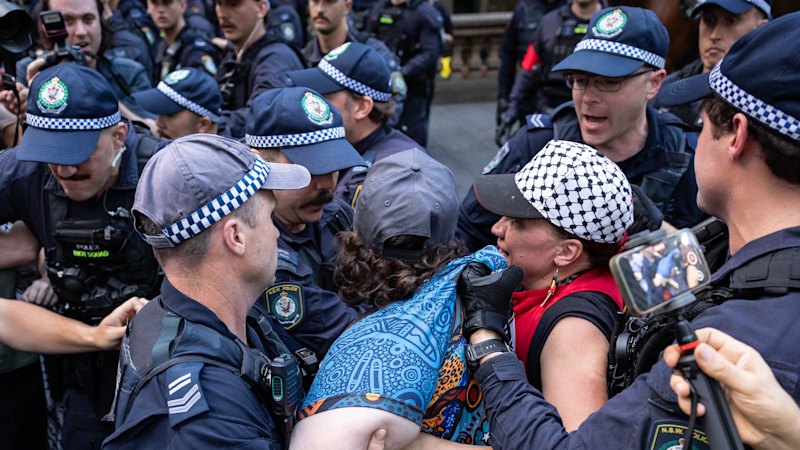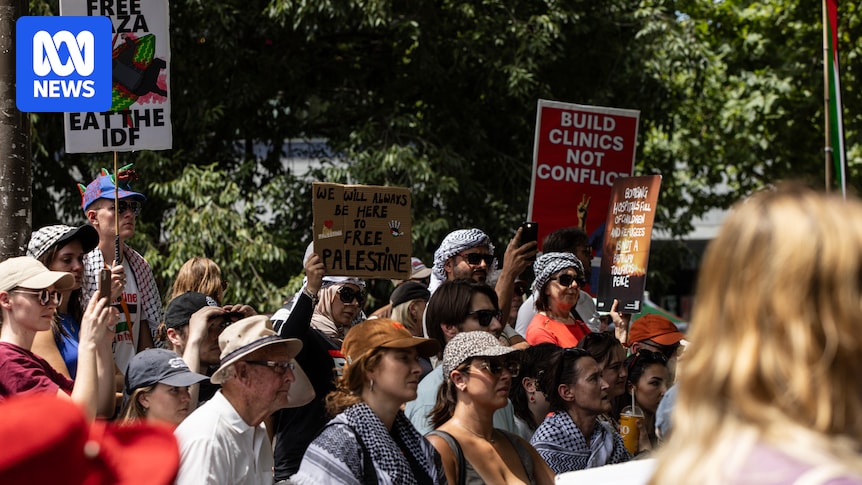
The City of Melbourne has taken a significant step by voting in favor of consulting on a plan that calls for the Victorian and federal governments to review disruptions caused by protests in Melbourne’s Central Business District (CBD). The proposal, which aims to update an existing council plan, was passed with nine votes in favor and two against during a council meeting on Tuesday night.
The amendment, now open for community feedback, will be integrated into the council’s plan if approved later this year. Councillor Rafael Camillo, who proposed the amendment, emphasized the city’s objective to remain “clean and welcoming.” If adopted, the change would update the M2050 Vision and Council Plan 2025-2029 to advocate for a coordinated review across all government levels. The goal is to establish a framework that safeguards the right to protest while minimizing disruptions to city operations and maintaining a safe environment for the community.
Impact of Regular Protests
This development follows nearly two years of regular pro-Palestinian rallies in Melbourne’s CBD, alongside demonstrations for various other causes. Lord Mayor Nicholas Reece supported the amendment, acknowledging the sacrosanct nature of the right to protest but highlighting the frustrations of those living, working, and gathering in the CBD.
“I hear it every week from shopkeepers talking about how much it’s affecting their business,” Reece stated. “Members of the Jewish community say they feel scared to come into the city, and others do as well.”
“Sadly, nothing happening on the streets of Melbourne is going to change that, but what it is doing is having a real impact on the livelihoods of many of our shopkeepers,” Reece added.
Business Concerns and Community Feedback
Raising concerns about lost business revenue on ABC Radio Melbourne, Councillor Gladys Liu faced challenges regarding the influx of people the protests bring into the CBD. “We have a lot of people, visitors, saying they are not coming to the city because of the protests,” she responded. “So yes, we do have people coming in, but they march then protest, and we are not having other people who deserve to come to the city.”
Councillor Olivia Ball, who voted against the amendment alongside David Griffiths, stressed the importance of protecting the right to protest. “The very point and value … is in disruption. So I cannot support that,” Ball declared at the meeting.
Proposed Measures and Opposition
Councillor Philip Le Liu expressed support for a review of protest management, citing recent demonstrations involving neo-Nazis. If the amendment is adopted, the City of Melbourne plans to propose a range of ideas to the state government to reduce protest disruptions. Suggestions include alternating protest routes through CBD streets to prevent the same businesses from being impacted weekly, relocating protests to parks, stronger police intervention, or implementing permits for protest organizers.
Last week, the state opposition introduced a bill proposing a protest registration system through Victoria Police, which was ultimately voted down. The state government did not comment on whether it would support the review, instead highlighting upcoming anti-vilification laws.
Victoria Police’s chief commissioner Mike Bush stated that unruly protests are “only a minority” and expressed opposition to a permit system.
Criticism and Broader Implications
Melbourne rally organizer Nasser Mashni, president of the Australia Palestine Advocacy Network, criticized the proposed review. “The Lord Mayor’s response to the motion is an attack on democracy itself and laced with anti-Palestinian racism,” Mashni asserted. “His role is not to police democracy but to safeguard it.”
While the International Court of Justice has yet to rule on allegations from South Africa that Israel’s actions in Gaza constitute genocide, a United Nations committee previously found that its warfare exhibited characteristics of genocide. Israel has consistently denied these allegations.
As the City of Melbourne moves forward with its consultation process, the debate over balancing the right to protest with minimizing disruptions will continue to unfold, reflecting broader tensions between civic freedoms and urban management.
